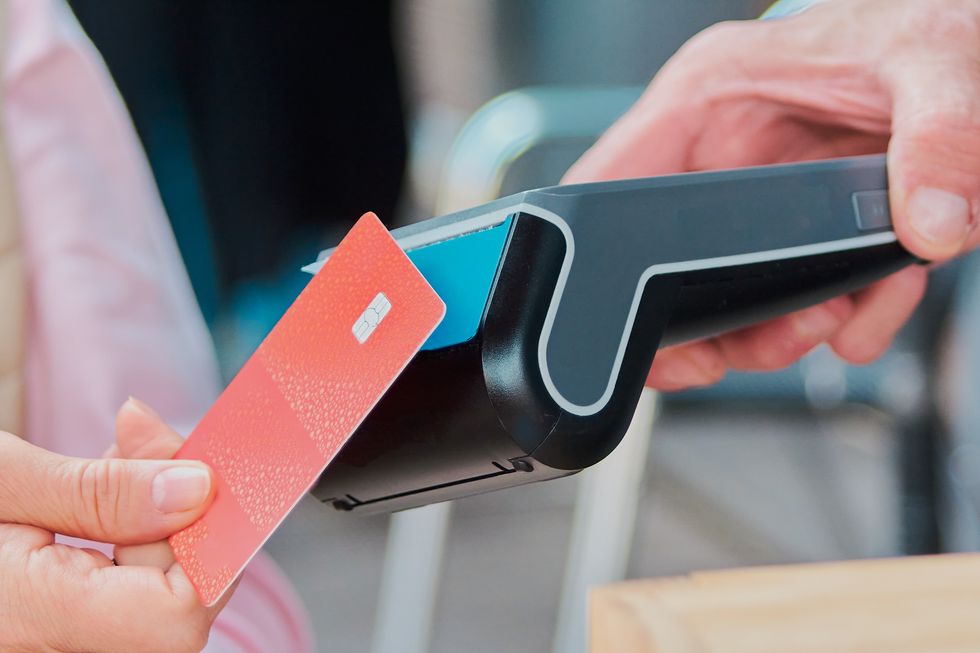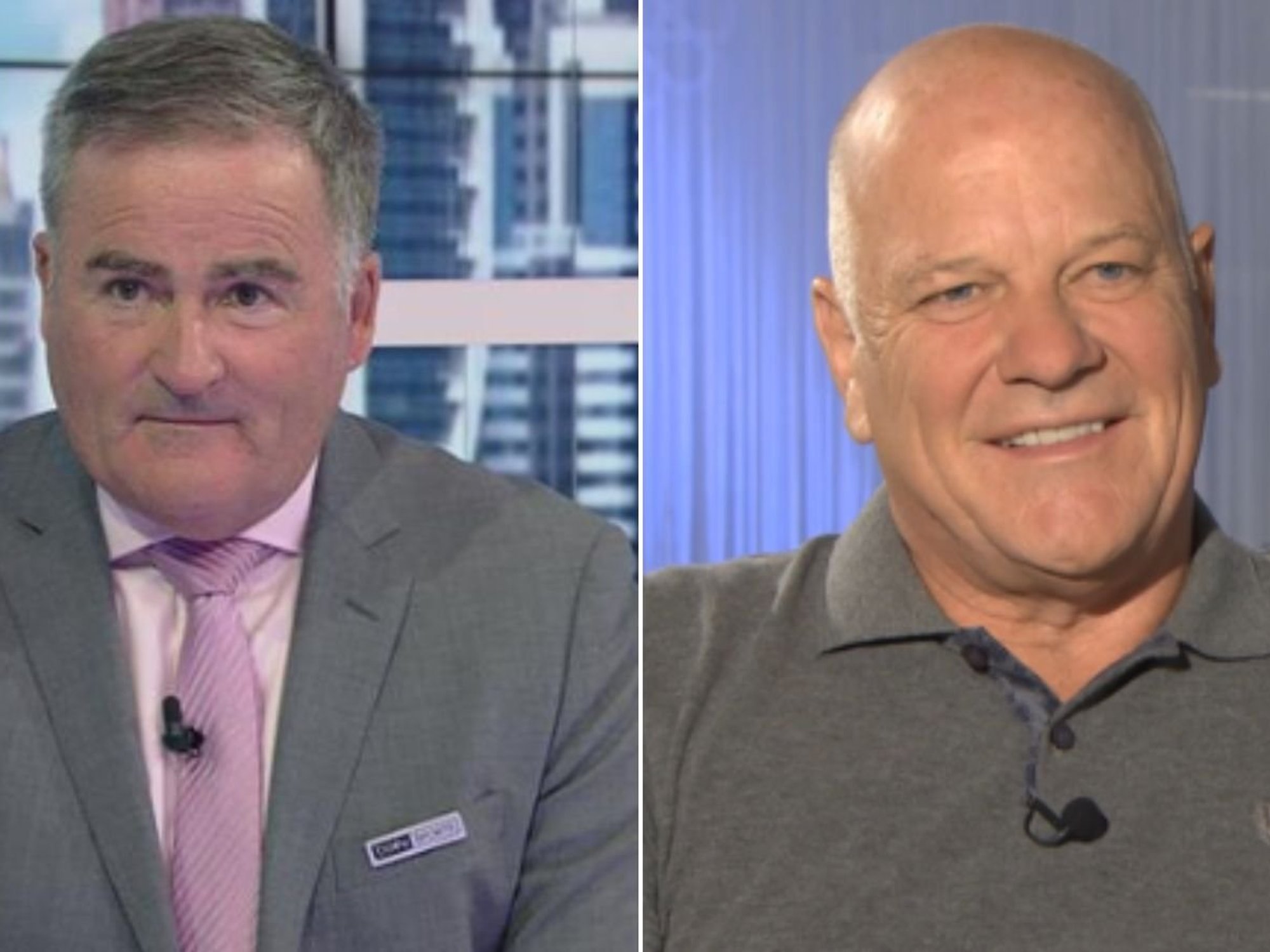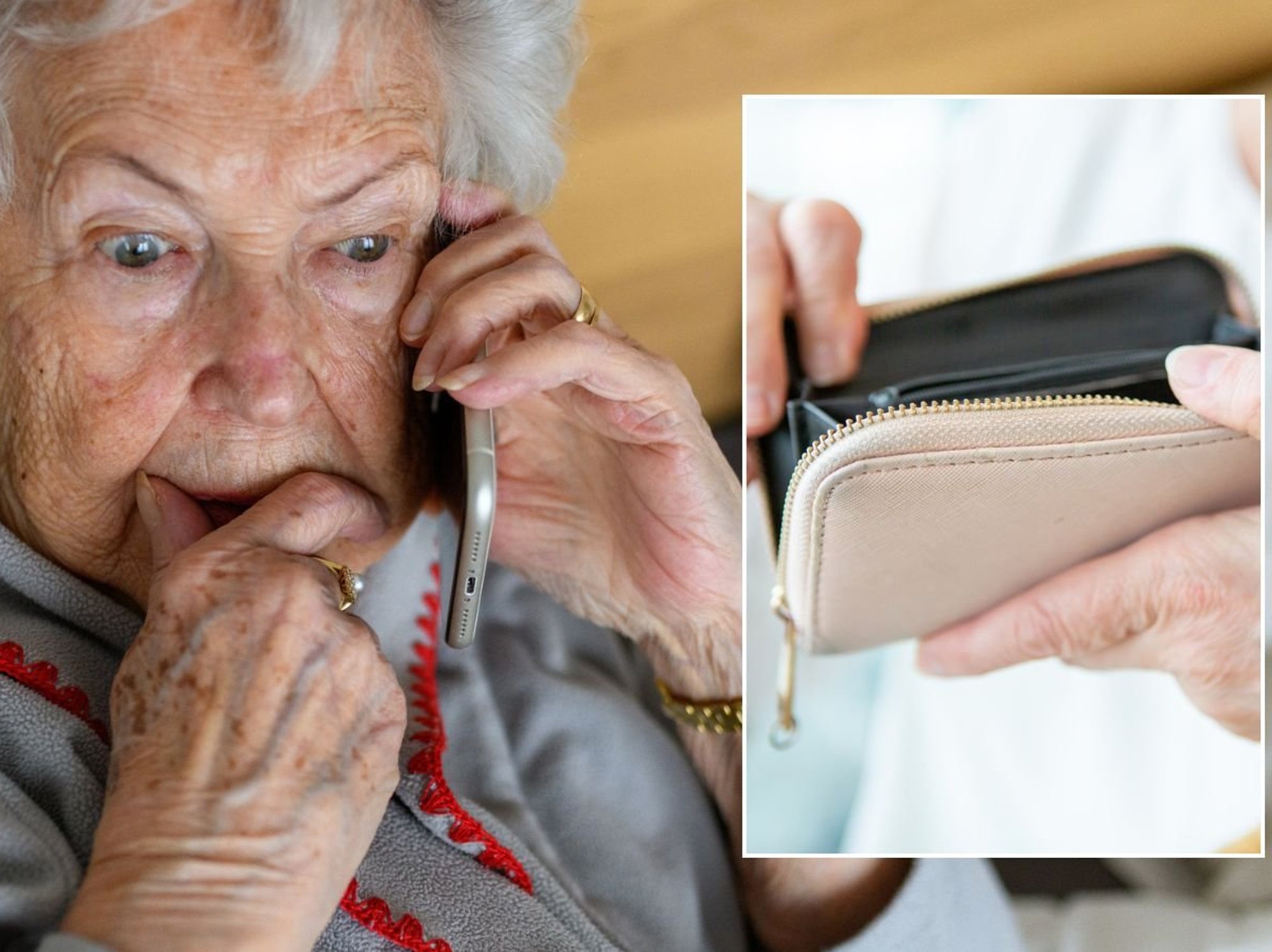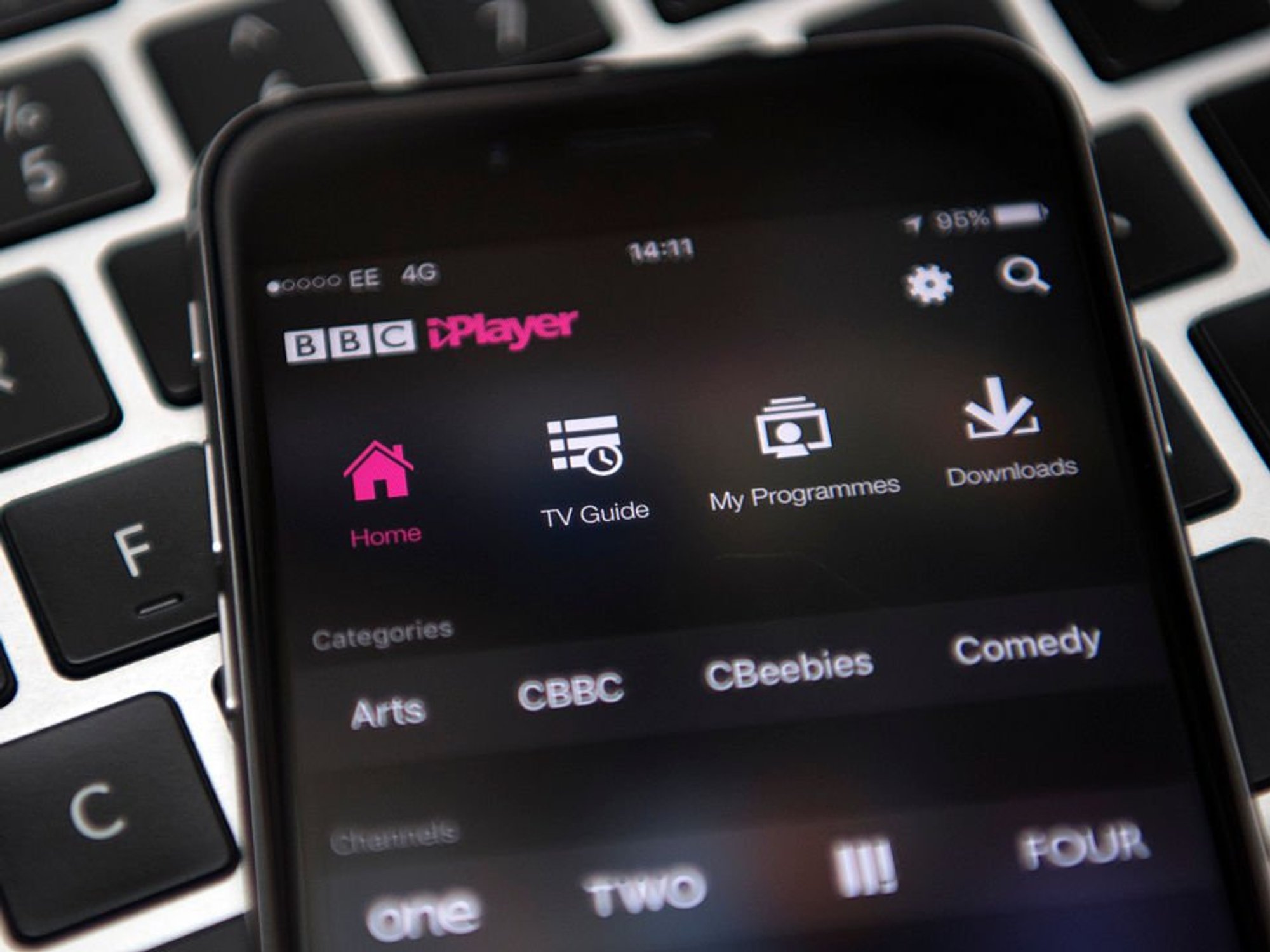Economy fears grow as 'removing' £100 contactless card cap could fuel overspending

How to save in this economy |
GB News

Economists warn unlimited tap-and-go payments may push households deeper into debt
Don't Miss
Most Read
Britain’s £100 cap on contactless payments could be scrapped under new proposals from the financial watchdog – prompting warnings the move could drive reckless spending and rising debt.
The Financial Conduct Authority (FCA) this week suggested banks and payment providers should be free to set their own “tap-and-go” limits, potentially removing the current ceiling altogether. A final decision is expected before the end of the year.
There are fears eliminating mandatory PIN checks could encourage people to spend money they don’t have. Richard Whittle, economist at Salford Business School, warned: “If this ease of payment leads to consumers spending without thinking, they may be more likely to buy what they don’t really want or need.”
Stuart Mills, as assistant economist at the University of Leeds, said PIN entry provides a crucial “friction point” that helps people pause before parting with cash.

Eliminating mandatory PIN checks could encourage people to overspend
|GETTY/PA
He cautioned: “Removing such frictions, while offering convenience benefits, is also likely to see many more people realising they’ve spent an awful lot more than they ever planned to.”
Concerns are especially acute around credit cards, where borrowed funds could mount into serious debt without the psychological barrier of a PIN. High street lenders and fintech firms have welcomed the regulator’s move, arguing customers want convenience and control.
Hannah Fitzsimons, chief executive at Cashflows, said: “Regulators are finally catching up with how people actually pay. Digital wallets on smartphones face no limits, so why should cards be stuck in the past?”
Gabby Collins, payments director at Lloyds Banking Group, added: “Lloyds, Halifax and Bank of Scotland customers can already set their own contactless payment limits in our apps – in £5 steps, up to £100 – and we’re absolutely committed to keeping that flexibility.”
Do you have a money story you’d like to share? Get in touch by emailing money@gbnews.uk.
Industry body UK Finance insisted any changes would be “made thoughtfully with security at the core.” Charities warn scrapping the cap could have dangerous unintended consequences.
Sam Smethers, chief executive of Surviving Economic Abuse, said: “Unlimited contactless spending could give abusers free access to drain a survivor’s bank account with no checks or alerts.”
She added that it could “leave a survivor without the money they need to flee and reach safety, while pushing them even further into debt.”
Campaigners also fear the reform could accelerate the decline of cash, which many vulnerable people still rely on to stay safe or stay in control of their finances.

Charities warn scrapping the cap could have dangerous unintended consequences
| GETTYDebt campaigners fear the change could worsen Britain’s £64billion credit card debt mountain, with households already stretched by high borrowing costs.
Consumer groups warn the convenience of “frictionless” spending often comes at the expense of financial discipline.
Experts say younger shoppers could be especially vulnerable, with contactless now accounting for more than half of all card transactions in the UK.
Analysts caution that without safeguards, scrapping the cap risks normalising impulse spending at a time when families are under pressure from rising living costs.
LATEST DEVELOPMENTS:

So-called frictionless spending often comes at the expense of financial discipline
| GETTYSome consumers are returning to cash to regain control of their budgets.
Research highlighted by the Marketing Society shows that 65 per cent of people admit they spend more when using cards or contactless devices than cash.
42 per cent say cash helps them stick to budgets and manage spending more carefully.
Behavioural science suggests this is because physically handing over notes makes spending feel more tangible, increasing the “pain of paying” and curbing impulse buys.
More From GB News










